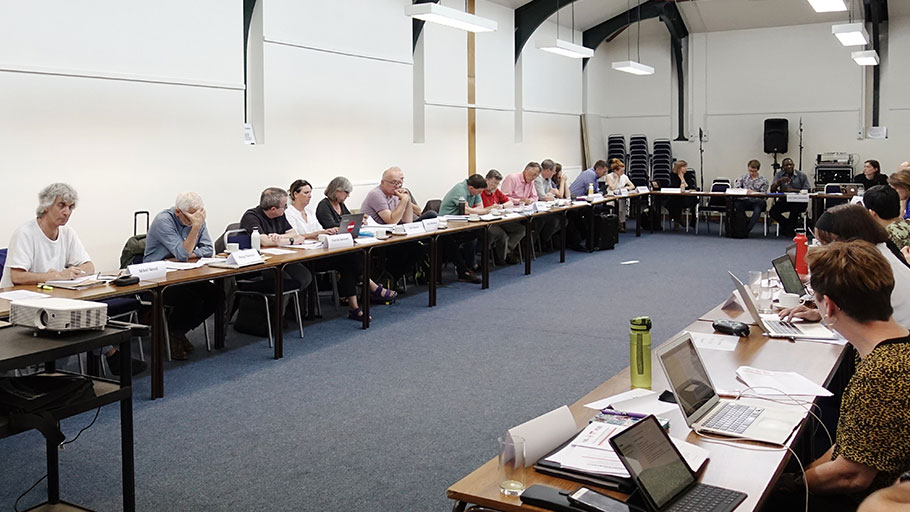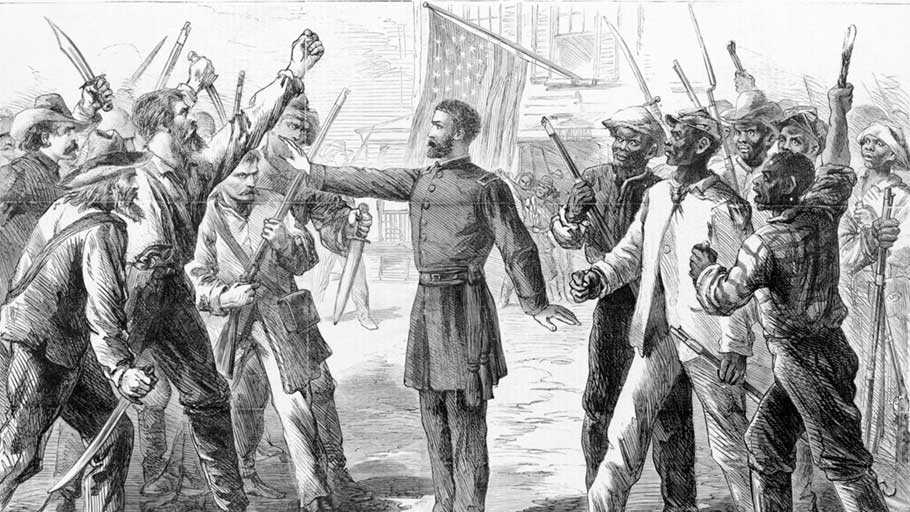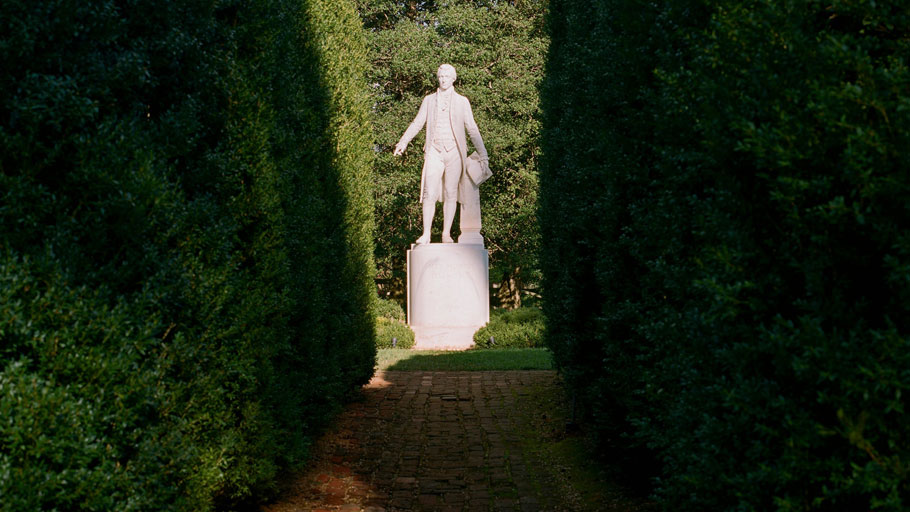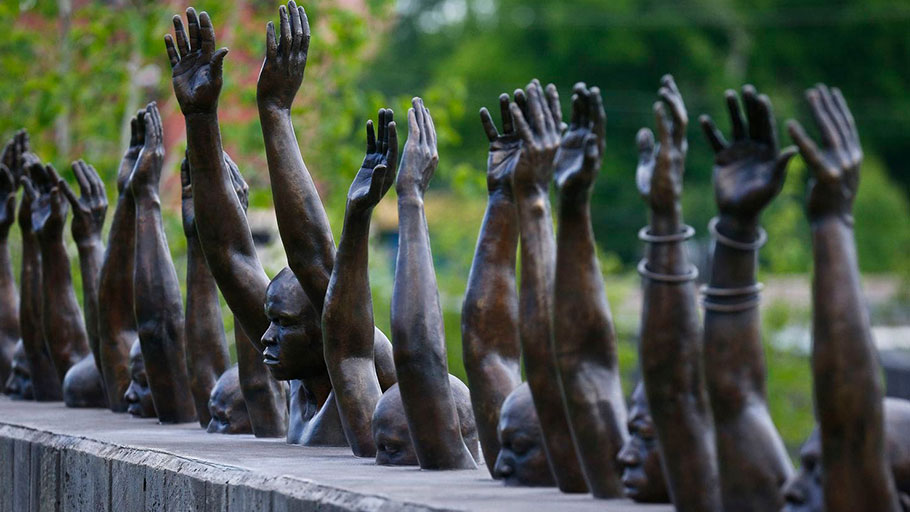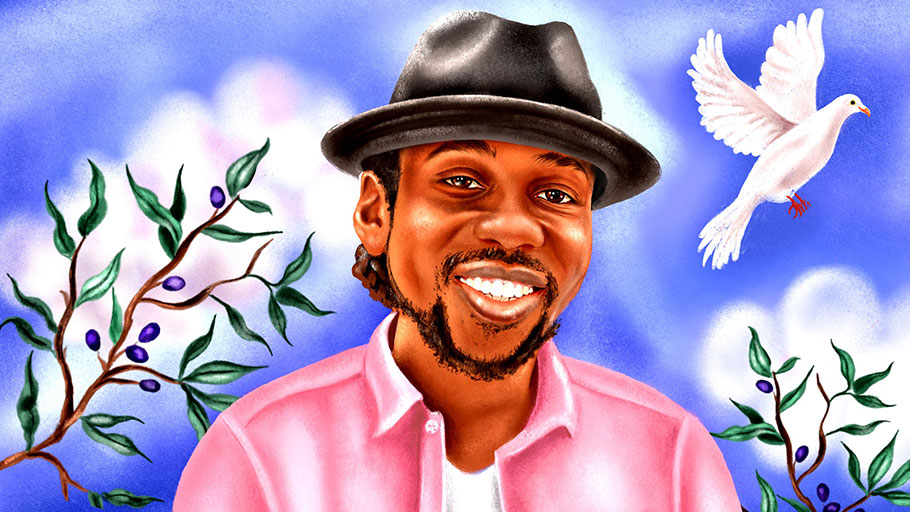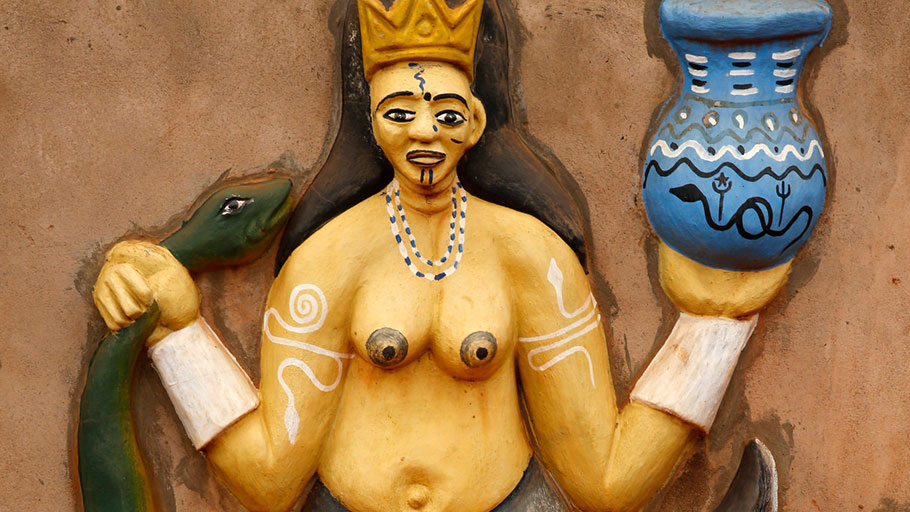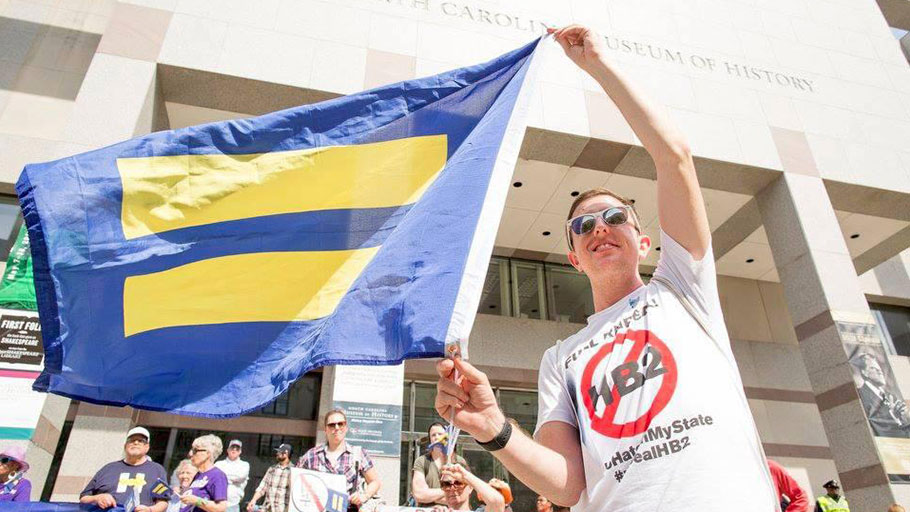
By Benjamin Barber, Facing South — This year has seen the continuation of an alarming epidemic of violence against transgender people in the United States. At least a dozen transgender people have been killed already this year, most of them women of color, according to the Human Rights Campaign. Nine of these murders have occurred in the South — yet lawmakers in Southern states have continued to target the transgender community…


